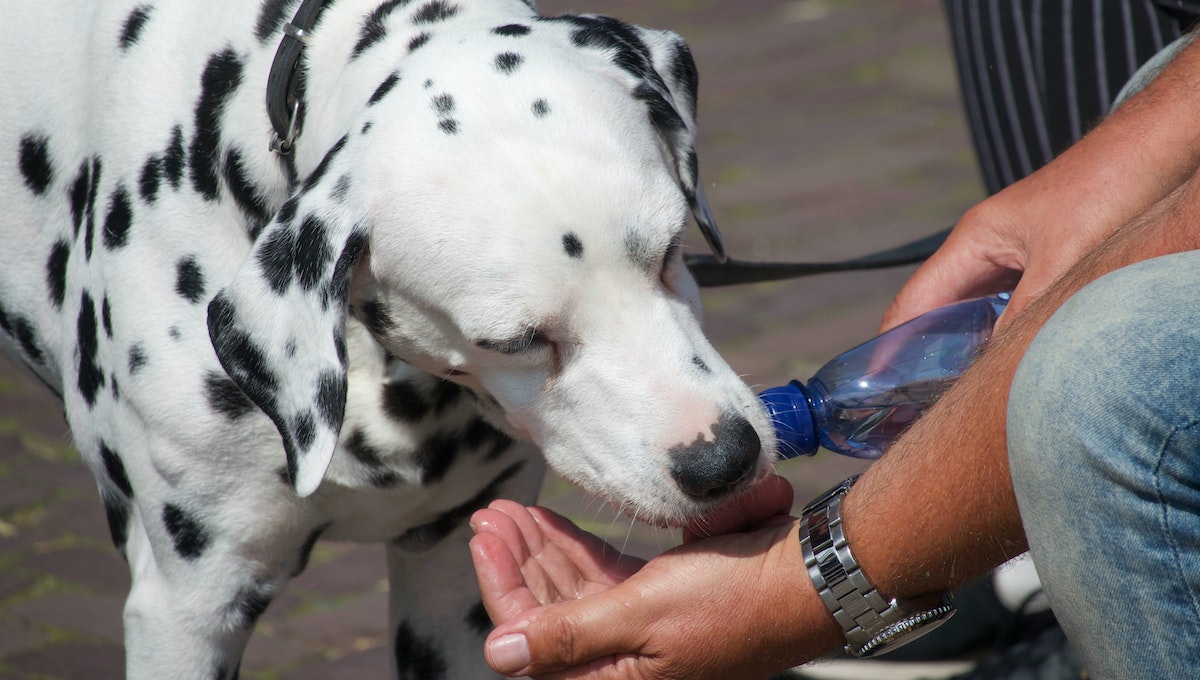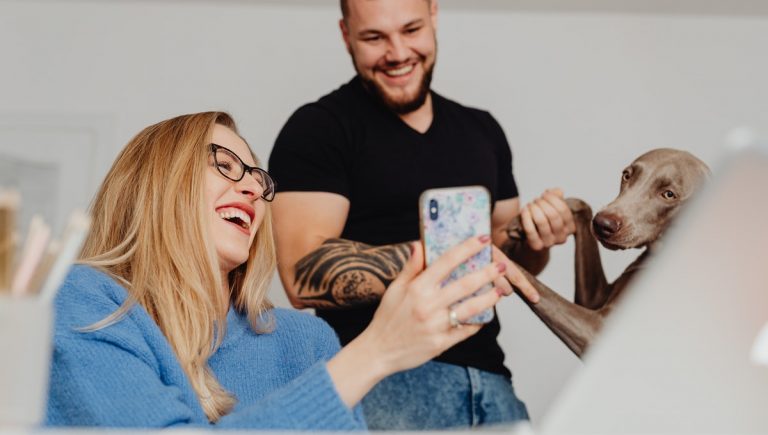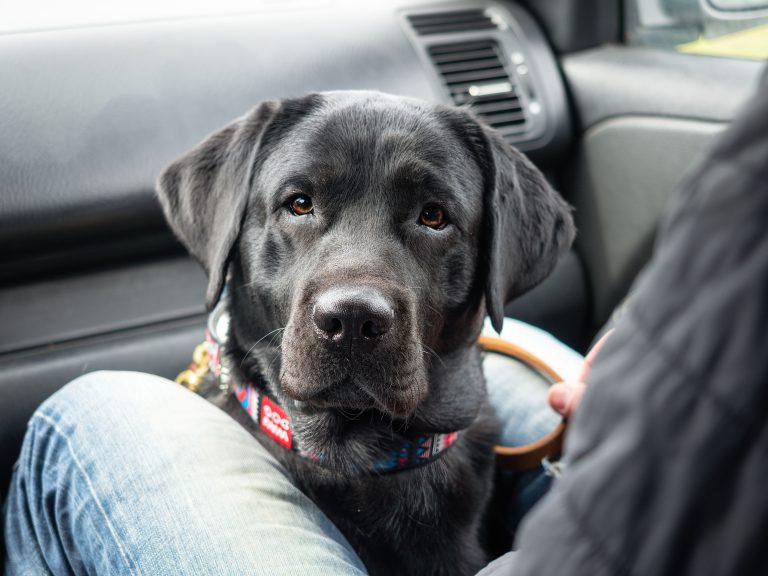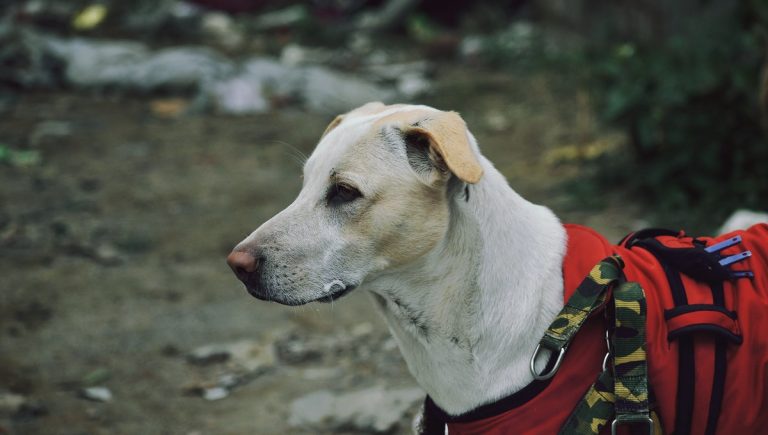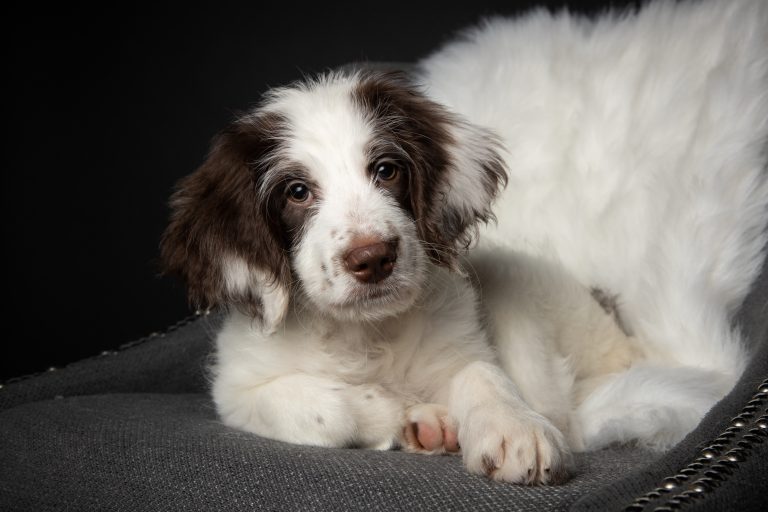Why Does My Dog Lick Pus? (Is it even safe?)
Have you ever wondered why dogs do the things they do? Licking pus may seem odd to you, but for a dog, it just seems like a typical day of licking stuff they’re not supposed to. In this article, you will learn why dogs participate in this behavior, why it may not be suitable for…
Have you ever wondered why dogs do the things they do? Licking pus may seem odd to you, but for a dog, it just seems like a typical day of licking stuff they’re not supposed to.
In this article, you will learn why dogs participate in this behavior, why it may not be suitable for either of you and what you can do to prevent it.
Why does my dog lick pus?
Dogs have some strange habits sometimes, but why on earth would your dog lick something as gross as pus? Weirdly enough, one of the reasons that dogs are attracted to nasty things is that they stink like an infection.
While we might look forward to smelling a bouquet of roses, our dogs are drawn to stinky things like raw meat, cow poop, and, you guessed it…pus.
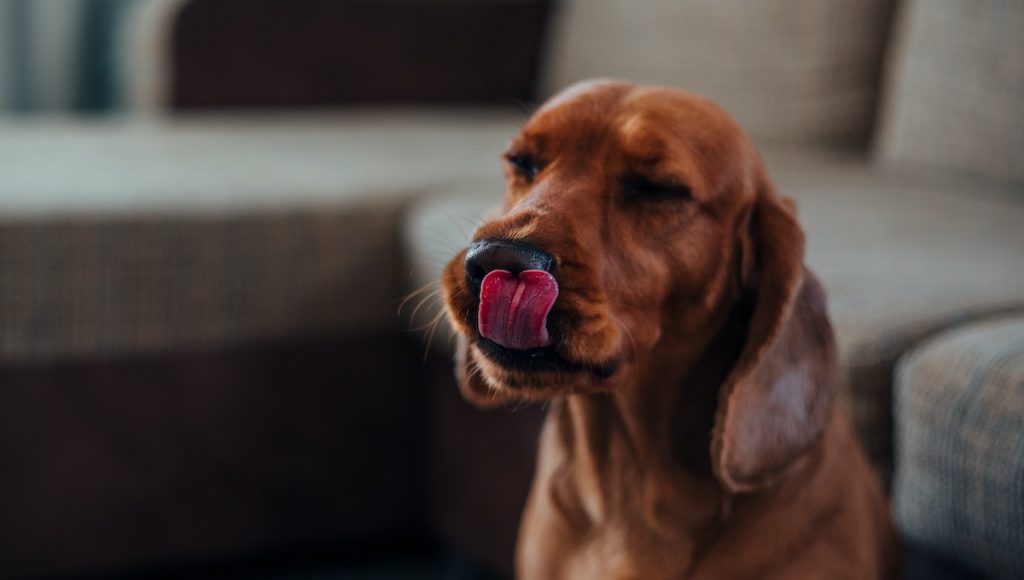
One of the reasons for this is that dogs like to use foul things to cover up their scent so that no one can smell them coming.
They have millions of scent receptors that make ours look like we can smell anything barely, and while we enjoy scents that attract, they are drawn to those that repel. Dogs also like to smell and lick stinky things to gather pertinent information.
By using these senses, they can tell if you are feeling sick or well. After the scent of it draws them in, they HAVE to lick it because they need to gather more information and hopefully help clean out the wound with their tongue.
Dogs also lick pus because it’s in their nature to try to clean and heal. Their tongue can kill Escherichia Coli and Streptococcus canis, but that is the only bacteria in a wound their tongue will fight against even though there are many other bacterias out there. Our dogs will take their chances.
Why do dogs lick owners’ wounds?
Dogs lick their owner’s wounds because they are sentient creatures, and they are looking to help soothe your discomfort.
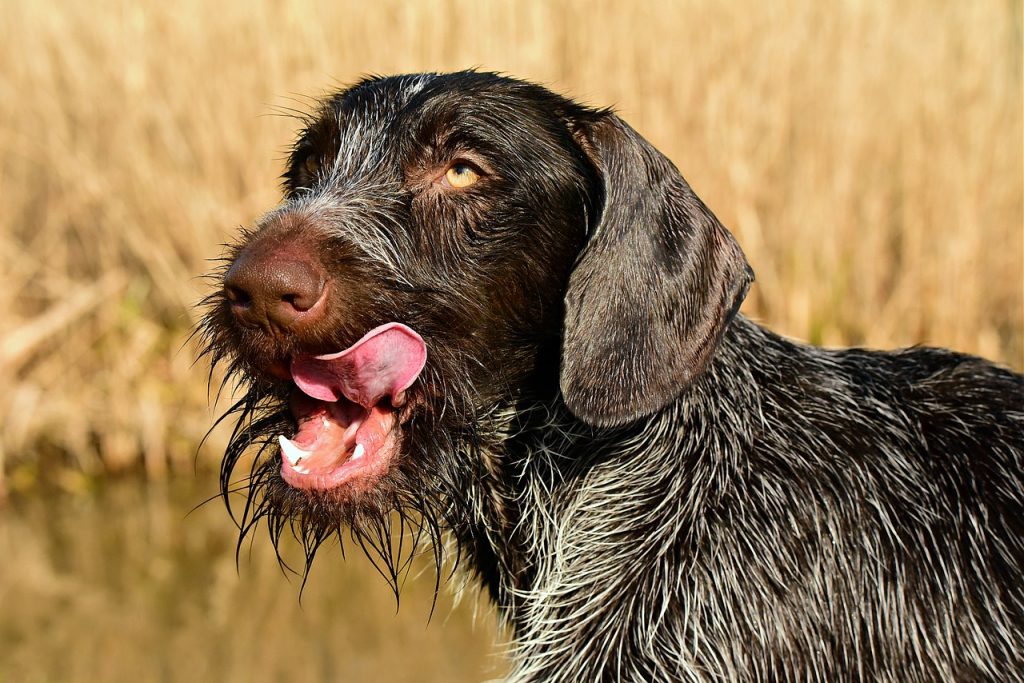
Dogs were bred for years and years to be man’s best friend, and they are commonly looking for ways to please us.
They are natural healers, and licking an owner’s wound is an ingrained instinct. Sometimes this is not a favorable trait because dogs’ mouths can sometimes do more damage than good to an open injury. But at least they do mean well!
How common is dog lick infection?
“Dog lick infection,” or Capnocytophaga canimorsus, is a bacteria identified by the CDC (center for disease control and prevention) as a bacterium found in the mouths of cats and dogs.
When this bacteria slips into your bloodstream from a pet licking a wound, it can cause horrific measures to be taken; one lady even had to have her hands and legs amputated to stop the bacteria from spreading.
This can not only be applied through licking, but someone can also get it through a scratch or bite.
It can cause illness quickly, including sepsis, a bacterial infection that has accumulated in the bloodstream, and this can be fatal.
This condition is scarce, and in 2018 there were only 12 reports. However, there have been studies showing that 74% of dogs have this bacteria lingering in their mouth, and the scary thing is that 36% of American homes have at least one dog.
Should I let my dog lick infections or wounds?
Under no circumstances should you ever allow your dog to lick your infection or open a wound.
This is because their mouth can contain good bacteria that can fight off certain illnesses, but it is also swarming with other potential diseases and harmful bacteria.
Introducing the bad bacteria could mean promoting a condition rather than curing it. The licking action can also create uncomfortable friction that can irritate it.
So instead of having your dog lick your wound, you may want to invest in some antiseptic from the store, just an idea.
Should I let my dog lick his abscess?
When it comes to a dog licking its abscess, the question always arises, “should I be allowing this?” After all, we are responsible for our dog’s well-being and for keeping them safe.
The short answer is no. Unfortunately, chewing or licking at an abscess will only prolong the healing process by further opening up a wound to new bacteria.
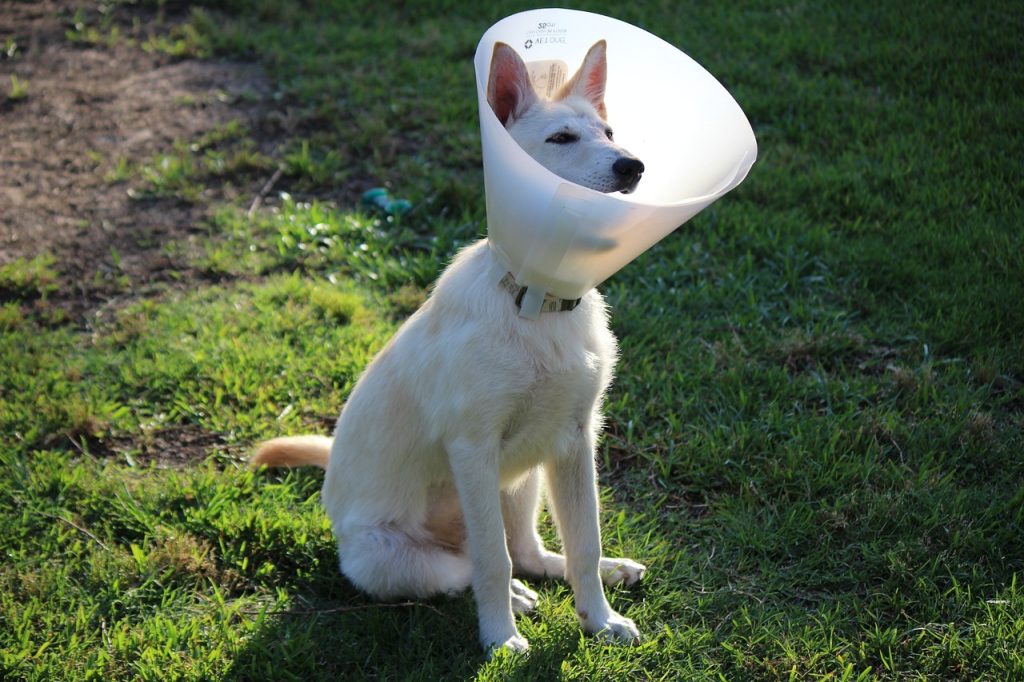
Licking a wound can temporarily be soothing for a dog, which is why they do it. The overstimulation of licking their wound can distract from the discomfort of itching or pain that it may be causing when they are not licking it.
Still, you should not let your dog lick it, and you can get an Elizabethan collar if you need to help prevent it. This collar will obstruct your dog’s access to licking and allow the wound to close and heal.
Can a dog lick cause me a bacterial infection?
Unfortunately, dog saliva can cause infection in human wounds, so you will want to create good habits around washing yourself after your dog licks you and your children and try to prevent them from licking their wounds.
Getting the most severe bacterial infection stated above is very rare. It mostly only happens from dog bites, but yes, a dog lick can cause a bacterial infection, so you want to be careful.
If your dog has licked you and your wound starts to look yellow, swollen, or pus-filled, you will want to see a doctor.
Can a dog get sick from licking an infected wound?
Technically licking any infected wound could introduce harmful bacteria to the body, but generally speaking, no, your dog will typically not get sick if they lick an infected wound.
Dogs have a higher PH level in their saliva, allowing them to ingest bacteria that would usually make a human sick.
While a human can most definitely get sick from a dog licking its wound, dogs have evolved to use their tongue as a cleaning mechanism for themselves and their pups, and it would be scarce for any dog to get sick from licking an infected wound.
What infections can you get from dogs?
You can get several infections from a dog, but here is the main list.
- Ringworm: this infection can be transmitted easily through skin-to-skin contact. If any skin has spores, then it can be sent.
- Salmonellosis: This is transmitted through contaminated food or water.
- Leptospirosis: this one doesn’t get transmitted often, but it can be sent through contact with an area contaminated by pet urine.
- Campylobacter infection: you can contract this from your dog by handling a dog’s food after eating or cleaning up its feces.
- Giardia: this can be transmitted by drinking the same water as your pet or by handling their poop.
Unfortunately, there are more on this list, but the point is that dogs can transmit various viral and bacterial infections to humans through food, feces, and saliva.
Is a dog’s tongue antiseptic?
Several molecules called peptides in a dog’s saliva have antibacterial properties, but that doesn’t mean your dog’s licking is a magical germ-killer.
Dog’s mouths are full of good and bad bacteria, so while their saliva might be an excellent antiseptic in some ways, you would want to depend on them licking it to sterilize an area properly.
What should I do if my dog licks my wound?
The first thing you will want to do is wash thoroughly with soap and water. Having an antibacterial soap on hand is nice, but you can use whatever you have close by until you can get something better.
You can then use an antibiotic ointment to prevent infection and keep an eye on it to make sure it doesn’t start looking or smelling funky because that means it’s time for a trip to the human vet.
Takeaway
Dogs look to us to know right from wrong, and unfortunately, now that we know they shouldn’t be licking pus, it’s our job to deter them from that behavior. Usually, a simple “no” will do, or putting a bandaid over it.
If it is their wound they are licking, we can make them an ever dreaded “coneboy” or “conegirl” until it heals up. Dogs have had this instinct since the beginning of time, and unfortunately, it’s just one thing that no longer serves them.
Now that we know why dogs engage in this behavior, we can understand where our furry friends are coming from and move forward. With some understanding and patience, we can get our pups to lay off the licking and prevent any issues it can cause.
Why is my dog licking the pus from a wound?
Dogs may instinctively lick a wound as a way to clean it. However, this can also introduce bacteria and cause an infection. If your dog is licking pus from a wound, it’s important to get veterinary care.
What should I do if my dog is licking pus?
If your dog is licking pus, you should consult a vet immediately. They can provide appropriate treatment and prevent further infection.
Is it harmful for my dog to lick pus?
While a few licks may not harm your dog, continued exposure to saliva can delay healing, increase wound size, and potentially lead to more severe infections. A vet should immediately attend to wounds that won’t heal, are getting larger, or showing signs of infection like redness, swelling, or discharge.
How can I stop my dog from licking their wounds?
Preventive measures can include using a protective collar, dog-specific clothing, cone, or wound dressings. It’s also advisable to have a dog-specific first aid kit at home. However, all these methods should be used alongside proper veterinary care.
What causes pus in dog wounds?
Pus in dog wounds is usually a sign of infection, which can occur if a wound isn’t properly cleaned and cared for. It’s important to clean any wounds your dog may have and consult a vet for proper wound care.
Can licking pus make my dog sick?
Yes, licking pus can potentially make a dog sick, especially if the pus is from an infected wound. The bacteria in the pus can cause further infection or illness.
How can I keep my dog’s wounds clean?
You can keep your dog’s wounds clean by gently cleaning them with a vet-recommended antiseptic. However, it’s important to consult a vet for proper wound care instructions.
What’s the best way to care for my dog’s wounds?
The best way to care for your dog’s wounds is to keep them clean, prevent your dog from licking them, and seek veterinary care. An appropriate treatment plan will depend on the severity and type of the wound.
